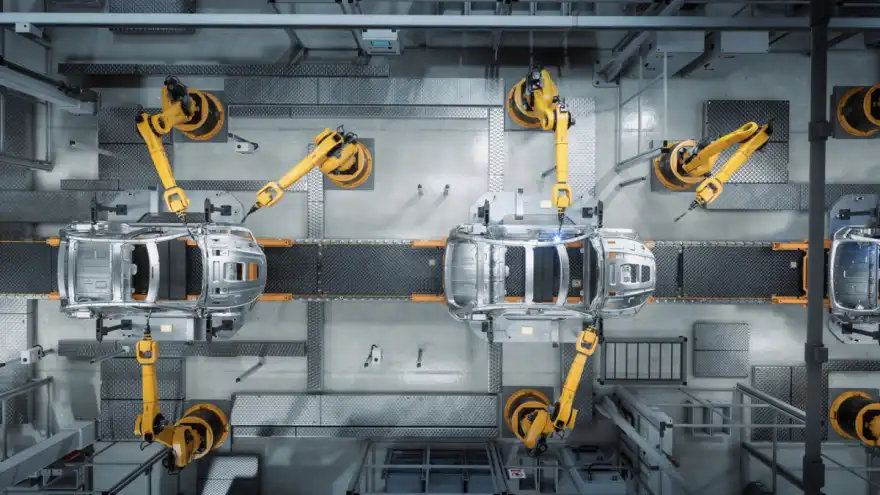
In January, the UK witnessed a significant surge in car production, as output soared by over a fifth compared to the previous year, primarily driven by robust growth in the production of electrified vehicles.
According to data from the Society of Motor Manufacturers and Traders (SMMT), British car manufacturing experienced a substantial 21% growth, reaching 82,997 units, marking the most impressive January performance since 2021.
This surge extended the streak of growth for the fifth consecutive month in the UK, a trend attributed by the SMMT to increasing interest in British-built brands and the gradual alleviation of global supply chain challenges.
The domestic market witnessed a remarkable 64.5% growth in the production of vehicles, reaching 7,863 units – the highest monthly increase. Out of the total production, 75.8% were exported abroad, with shipments rising by 11.6% to 62,938 units.
The SMMT highlighted that, once again, the European Union (EU) stood as the largest market for British-built cars in January, receiving 53.2% of the exported vehicles. The United States received 15%, and China received 10.5%.
The increased production of electrified vehicles, including EVs, hybrids, and plug-in hybrids, played a crucial role in boosting the month's performance. This category grew by 4.5% to 29,595 units, constituting 35.7% of all cars manufactured in the UK. Notable models in this segment include the Jaguar E-Pace, Nissan Qashqai, and Toyota Corolla.
“The majority of these models were exported, evidence of the importance of not only producing increasing numbers of electrified cars but of ensuring free and fair trading arrangements with markets around the world,” emphasised the SMMT.
SMMT CEO Mike Hawes termed January as “a positive start” but cautioned about potential threats arising from global economic challenges and geopolitical tensions. “There can be no room for complacency given economic headwinds and geopolitical tensions. There must be a relentless commitment to competitiveness, building on the significant recent investments into the sector.”
Hawes also called for increased manufacturing support from the government in the upcoming budget, details of which Chancellor Jeremy Hunt is set to announce on Wednesday, March 6. “The forthcoming budget is a chance for the government to do just that by introducing measures to boost UK automotive manufacturing, focused on energy, investment competitiveness, and market demand," added Hawes.
The SMMT further noted that the Red Sea attacks might impact February’s output but still predicted a 3% year-on-year rise for the month.


